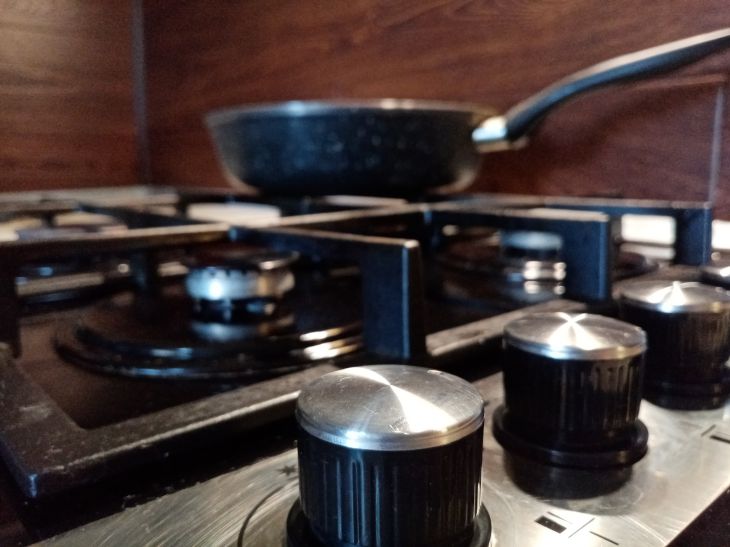- 1. Change of coating color
- 2. The appearance of scratches and abrasions
- 3. Loss of non-stick properties
- 4. Deformations and curvatures
- 5. Manifestation of rust
- 6. The handle loses its reliability
- 7. Changing the weight of the pan
- 8. Cooking odors
- 9. Specific sound when cooking
- 10. Deterioration of the overall quality of dishes
How to understand that it is time to change the frying pan: many forget to do this, and in vain
A frying pan is an essential accessory in the kitchen, but unfortunately, over time it is subject to wear and tear.
It is important to be able to recognize the signs that indicate that it is time to replace. Let's look together at how to understand that it is time to say goodbye to your faithful culinary friend.
1. Change of coating color
Let's start with the external signs. If you notice that the color of your frying pan's coating has become dull or even started to peel off, this is a clear sign that it's time to think about replacing it.
Loss of color uniformity may indicate wear and loss of functionality.
2. The appearance of scratches and abrasions
Pay attention to the surface of the pan. Scratches and abrasions can not only affect its appearance, but also create problems when cooking.

A damaged coating can cause food to stick, making cooking difficult.
3. Loss of non-stick properties
Non-stick properties are one of the key advantages of the frying pan.
If you notice that food has started to stick despite your best efforts, this may indicate that the non-stick coating has reached its end of life.
4. Deformations and curvatures
Defects in the shape of the pan can also be a sign of its aging.
Deformations or warping may affect the uniformity of heating, which in turn will affect the quality of the prepared dishes.
5. Manifestation of rust
Rust is a clear sign that your pan needs replacing. Not only does it ruin the appearance, but it can also negatively impact cooking safety.
6. The handle loses its reliability
Pay attention to the handle. If it starts to wobble or become loose, it may be a sign that the pan needs to retire.
The stability of the handle is important for your safety when carrying and using.
7. Changing the weight of the pan
If you feel like your frying pan has become heavier or, conversely, lighter than before, this may indicate a loss of material or a change in structure, which affects its performance.
8. Cooking odors
If you notice unpleasant odors when cooking that were not typical before, this may be due to wear and tear of the pan materials.
Not only does this affect the taste of your cooked food, but it can also be harmful to your health.
9. Specific sound when cooking
Cooking on a worn-out frying pan can be accompanied by a specific sound, which indicates uneven heating of the surface.
This may affect the evenness of cooking.
10. Deterioration of the overall quality of dishes
Finally, if you notice that your food is no longer as tasty and appetizing as it once was, it may be due to wear and tear on your pan.
Changes in cooking quality affect the taste and texture of foods.
Knowing when it's time to replace your pan is key to maintaining a quality cooking practice.
It is important to notice signs of wear in time and make an informed choice in favor of replacement. Remember that the right choice of kitchen utensils helps you not only cook deliciously, but also maintain the joy of the cooking process.
